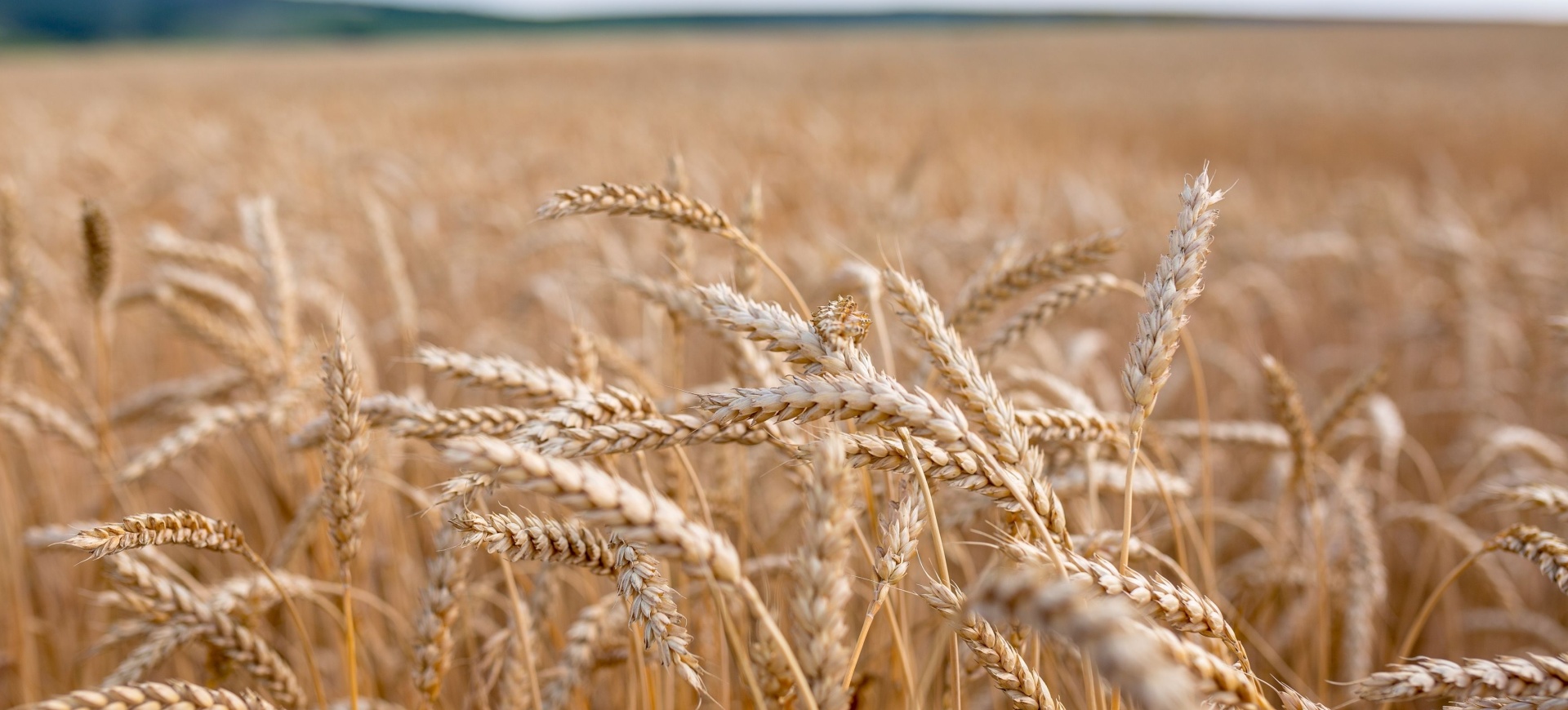G20 performance on agriculture and food
By prioritising the fight against hunger, poverty and inequality, and convening an agriculture ministers meeting, Brazil’s G20 presidency is urging leaders to commit to global cooperation in advancing food security and sustainable agriculture
Although G20 leaders seldom address food and agriculture at their summits compared to other topics, this subject has received increased attention in recent years. Brazil’s 2024 presidency has prioritised the fight against hunger, poverty and inequality for the Rio Summit, and has established the Agriculture Working Group to promote cooperation on key issues, including food security, sustainable agriculture, technological innovation and climate change adaptation. This underscores the crucial importance of a timely, effective and ambitious approach to tackling challenges related to food insecurity and developing sustainable agri-food systems.
Deliberation
From the first Washington Summit in 2008 until the New Delhi Summit in 2023, G20 leaders have produced 17,189 words on food and agriculture. The average per summit was 7% of their communiqués on the issue, significantly lower than the 29% average for the top G20 issue of macroeconomic growth. One document on food security was issued by the 2015 Antalya Summit. The 2022 Bali Summit had the highest percentage of words dedicated to food and agriculture at 16%. The 2023 summit had 8%.
Decisions
G20 leaders have made 171 commitments on food and agriculture. The 2009 Pittsburgh Summit made the first three, with another three at the 2010 Toronto Summit and two at the 2010 Seoul Summit. This soared to 36 in 2011 in Cannes, dropped to four in Los Cabos in 2012, and rose to 11 in St Petersburg in 2013. The 2014 Brisbane Summit produced none. However, this jumped to 31 in Antalya in 2015, plunged to three in Hangzhou in 2016 and rose to 22 in Hamburg in 2017. Then came a sustained low: the 2018 Buenos Aires Summit had five, the 2019 Osaka Summit had four, the 2020 Riyadh Summit had three and the 2021 Rome Summit had eight. The 2022 Bali Summit made 22 commitments for 9% of the total, taking third place at that summit. There were 14 made in New Delhi in 2023.
Compliance
The G20 Research Group has assessed G20 members’ compliance with nine commitments on food and agriculture. Compliance averaged 68%, below the 71% average across all subjects. The highest compliance of 90% came for commitments made at the 2013 and 2021 summits. The lowest compliance of 40% came with the commitment made at the 2020 summit.
Causes and corrections
As few commitments on food and agriculture have been assessed for compliance, it is difficult to pinpoint
clear causes. Nonetheless, related research points to ways in which compliance with food and agriculture commitments can be improved.
First, in some instances, more commitments tend to be produced at summits that also hold meetings of agriculture ministers. G20 agriculture ministers met first in 2011, before the Cannes Summit, which produced many more food and agriculture commitments than the previous summits. The same is true for the 2015 Antalya Summit, with 31 commitments, and the 2017 Hamburg Summit, with 22; agriculture ministers held pre-summit meetings in both years. To increase the number of commitments, ministers should hold pre-summit meetings and produce ambitious commitments to increase global efforts on sustainable agriculture.
Similarly, shock-activated vulnerability is associated with higher attention at G20 summits and higher compliance. In recent years, the impacts of climate change, economic downturns, conflicts, global supply chain disruptions and the Covid-19 pandemic set progress back in overcoming the challenges of hunger and building resilient food systems, highlighting the urgent need for sustainable agriculture. Rio’s leaders should produce ambitious, timely and relevant commitments to increase resilience and sustainability in food and agriculture systems in response
to the many shocks this year.
Commitments with references to democracy and human rights also have higher compliance. Food security and sustainable agriculture are cross-cutting issues that are closely linked with accelerated climate action and achieving the Sustainable Development Goals. Thus, leaders should incorporate more explicit references to democracy and human rights in commitments on food and agriculture, highlighting the key role agriculture plays
in global food security and nutrition.
Conclusion
The 2024 G20 Agriculture Ministers Declaration emphasised that agriculture is at the forefront of addressing the key challenges highlighted by Brazil’s G20 presidency, which they identified as: “fighting poverty, ending hunger, improving nutrition, while confronting climate change, biodiversity loss, pollution and desertification”. G20 leaders should recognise the essential role of sustainable and resilient agriculture for global food security and nutrition, environmental sustainability and achieving the SDGs, and work together to produce timely, ambitious and actionable commitments on food and agriculture.












